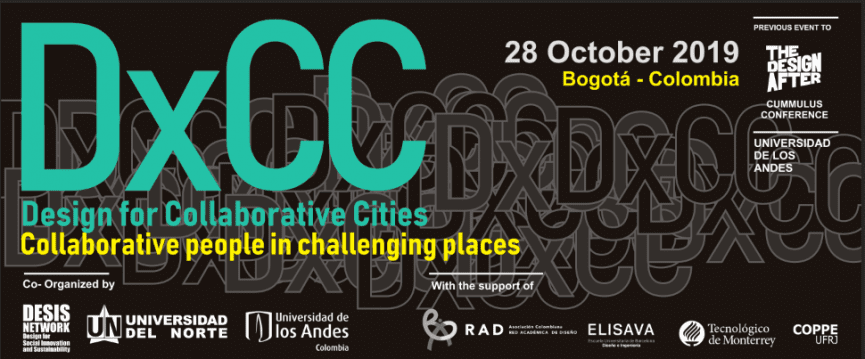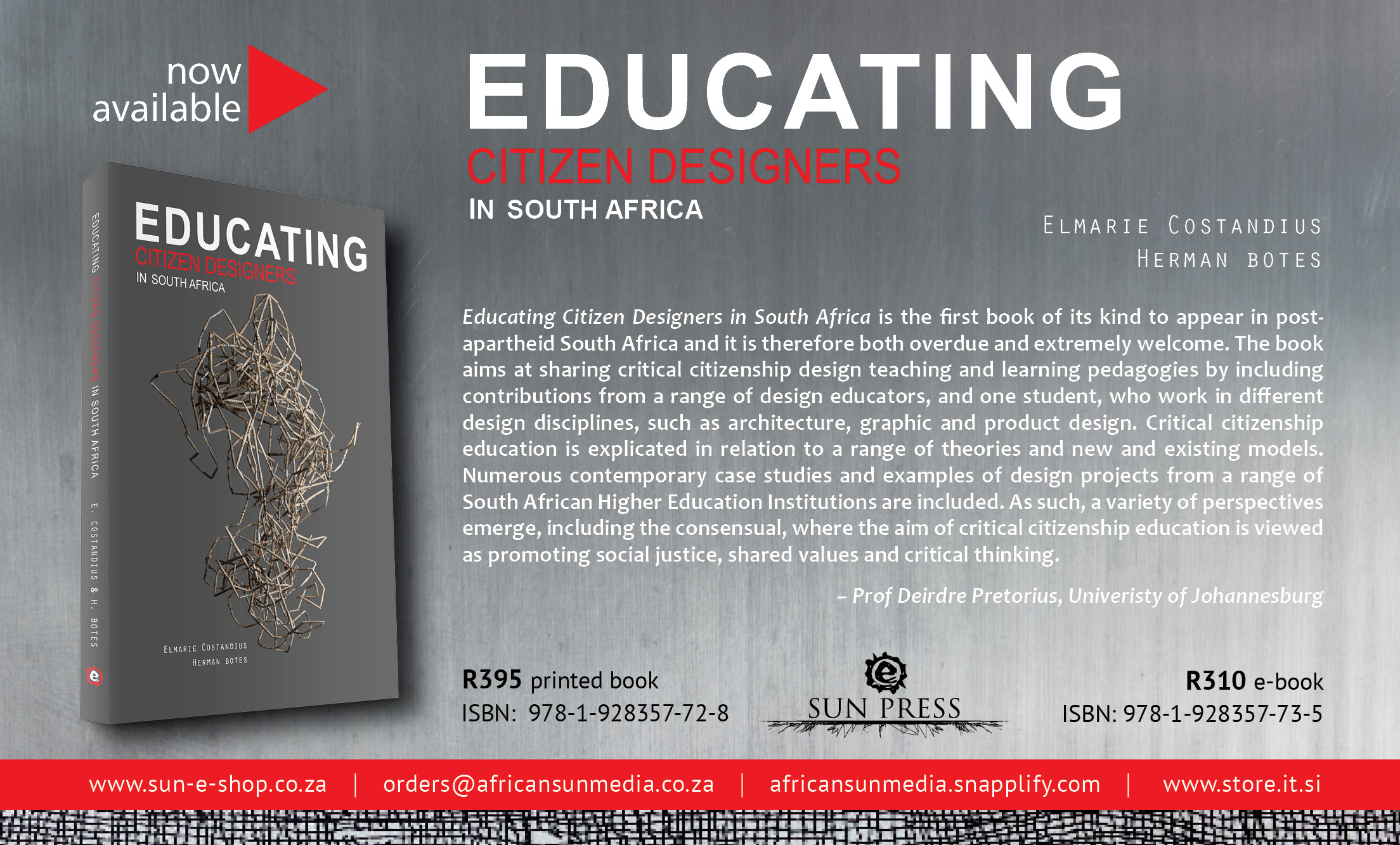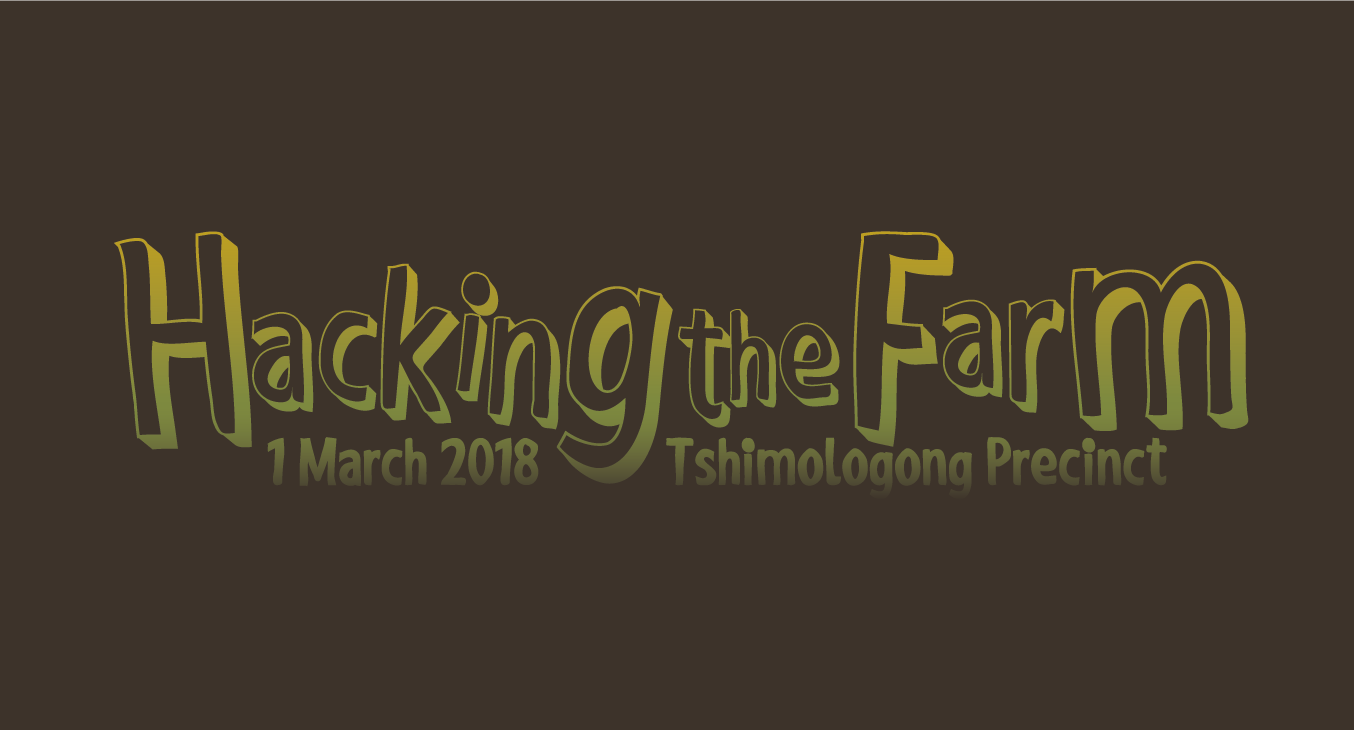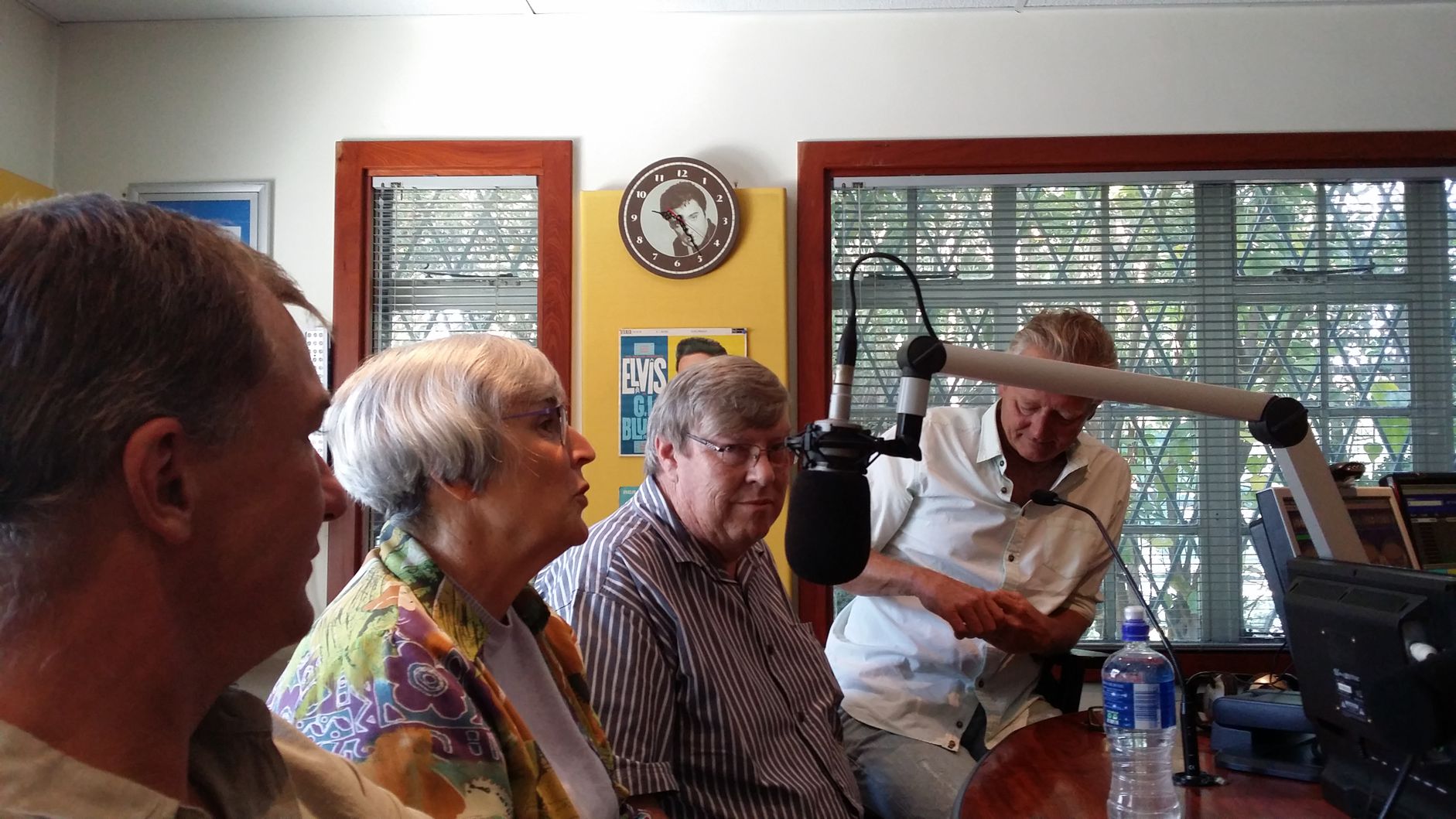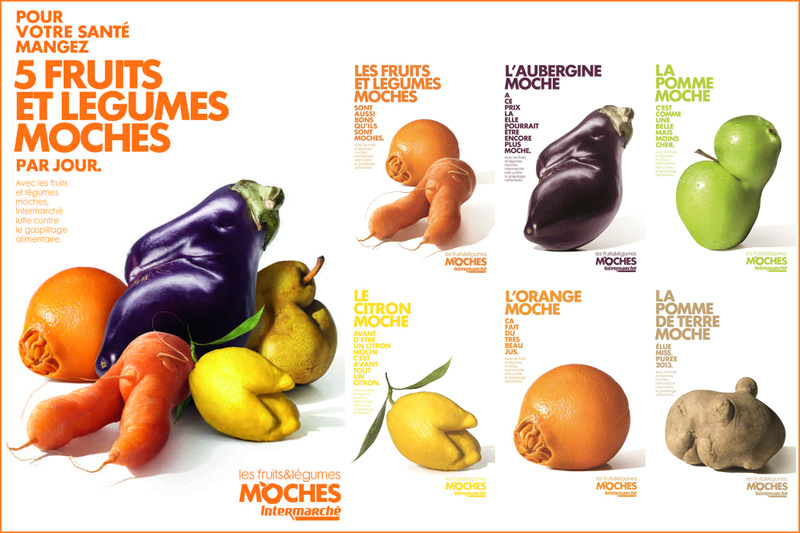These are some thoughts that arose from a request by Prof Ezio Manzini for me to provide some prior input into the DESIS DxCC Seminar on Collaborative People in Challenging Places which took place at the Cumulus Bogotà Conference on the 19 September 2019: “Much of my research engages with individuals who were previously legally marginalised under apartheid, and now even with a majority elected democratic government in place for the last 21 years, continue to find themselves on South Africa’s margins, both physically and politically. Cities in Africa, and South Africa in particular, hold the hope for a better future and hence have been the locations for extensive urban migration. The Gauteng-City Region, where I am based, is home to a quarter of South Africa’s total population. It generates a third of the country’s GDP, on just 2% of South Africa’s total land area. However, such economic stats only speak to those who are formally employed, which in … Read More
Educating Citizen Designers In South Africa
Another book in which I have a co-authored a chapter, this time with Ivan Leroy Brown, has just been released! The chapter, no. 5 in the book, explores “A Potential Difference Model for Educating Critical Citizen Designers: The Case Study of the Beegin Appropriate Technology Beekeeping System” (pp. 89-108) and features Ivan’s incredible Beegin beehive. “Educating Citizen Designers in South Africa is the first book of its kind to appear in postapartheid South Africa and it is therefore both overdue and extremely welcome. The book aims at sharing critical citizenship design teaching and learning pedagogies by including contributions from a range of design educators, and one student, who work in different design disciplines, such as architecture, graphic and product design. Critical citizenship education is explicated in relation to a range of theories and new and existing models. Numerous contemporary case studies and examples of design projects from a range of South African Higher … Read More
TEDxJohannesburg Salon – Hacking the Farm
I will be speaking on the design of situated technology for urban agriculture at the TEDxJohannesburg Salon – Hacking the Farm on March 1 2018. From http://www.tedxjohannesburg.co.za/hackingthefarm.html : “The nature, texture, and complexion of the farm are changing. The gates are opening—slowly if not surely—to many who were previously excluded. Land reform promises to deliver tangible justice to those who’ve been deprived for far too long. Human population is projected to reach an astounding 9.7 billion by 2050. Every mouth will need to eat, and do so well. Climate change remains a challenge. But human ingenuity is hard to beat. Strategies and tactics will emerge. They must emerge. Business models are shifting—the farm is transforming into a high performance, high growth enterprise. It’s adding value to crops, turning commodities into products, and moving up the supply chain. The modern farm is a brand, with a USP, and a target audience. It … Read More
The Science of Slow Food
I was interviewed this morning on Radio Today by Gillian Godsell together with my co-researcher Dr. Naudé Malan from Izindaba Zokudla, and collaborators Geoff Green and Brian Dick from Slow Food Johannesburg. I discuss how as an industrial designer I ended up working on urban agricultural projects and how relevant they are for the South African context. You can listen to the 1hr 20min podcast here:
Inglorious Fruits & Vegetables
Each year, we throw away over 300 million tons of fruit and vegetables worldwide mainly because they do not conform to retail standards of perfection (57% of total waste). The European Union has made 2014 the European year against food waste; and Intermarché the 3rd largest supermarket chain in France decided to try and change their customers perceptions to encourage better behaviour towards imperfect fruit and vegetables by showing them that though they might be ugly, they are just as good to eat! Intermarché made every effort to celebrate 5 “fruits et legumes moches” or “inglorious fruits and vegetables”. They received their own print and film campaign, their own local poster and radio campaign, their own in-store branding, their own aisle in store, their own labelling, and their own spot on the sales receipt. Finally, for people to realise that they were just as good as the others, Intermarché designed and distributed inglorious vegetable soups and … Read More
